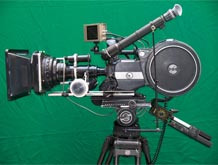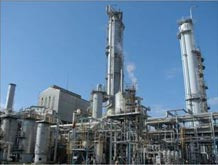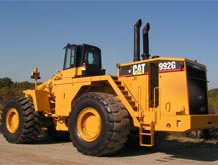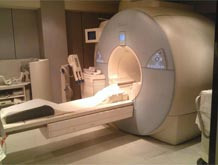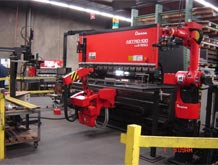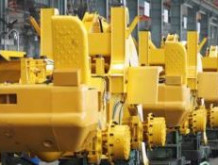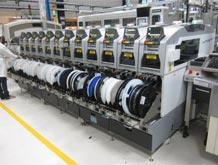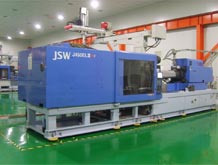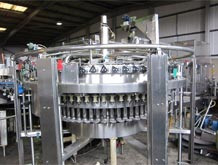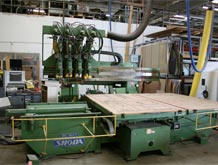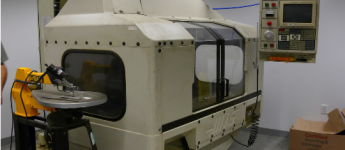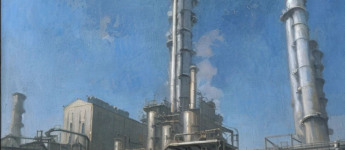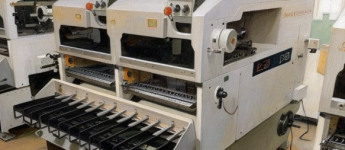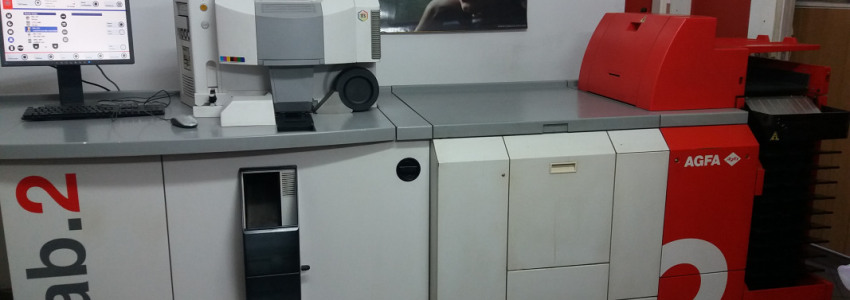
Kitmondo
06 Mar 2019
When considering the trends in the photography and imaging industry, one truth stands out glaringly – photographers and clients alike are unswerving in their decision to bid a firm goodbye to the days where picture processing will take days to be completed.
Despite being a process that produced catalogues of beautiful memories in the lives of many, what could be the reason behind such a strong decision about the old-fashioned process, one may ask. The simple answer is that business owners of photo studio have discovered that their services, productivity, and picture quality can be enhanced with compact yet sophisticated machines – the minilab printers.
While many clients have their expectations raised about high-quality imaging and picture printout which they can gladly pay for, photo printing studio operators on their part have chosen the minilab printers (with a continuous ink supply system) and photo-editing software to meet up with such expectations.
Even when Minilab printers seem to make waves and trend in the industry, but minilab printers are pretty expensive to acquire, you may cut in. Yes! Absolutely, nothing good comes easy, but there are different ways to get something good, and that’s why we are here. Being a dependable market place for used units, we make provisions to accommodate your budget for machines whose prices may be giant-looking.
The market place for used minilab printers
When talking about different ways of acquiring equipment with prices on the high side, we mean buying a used minilab printer for your picture production needs.
Before you begin racking your head about where to get such services with peace of mind, look no further. We are a reliable marketplace for used units, and minilab printers aren’t an exception.
As a matter of fact, when considering the various things you need to acquire such as; flatbed scanner, digital printing software, different types of photo paper in addition to the cost of purchasing a new minilab printer, you will realize that spending less for a used minilab printer is absolutely a wise decision to make.
In doubt of what to expect from a used minilab printer? That shouldn’t bother you. Irrespective of the brand of your choice; Noritsu, Epson, Fuji, KIS, here are some technicalities you must have handy to enable you to make the right choice about a used minilab printer.
High-quality image
Sure you are conversant with the conventional four-color (cyan, magenta, yellow, and black) printing colors? Minilabs come with more color combination up to about 5-6 colors namely; Cyan, Magenta, Yellow, Photo Black, Light Magenta, and Medium Grey. All these colors are purposely combined to give a high image quality which will ultimately result in an enhanced grain and skin fineness especially at low-density areas. Definitely, this can’t be compared to the conventional chemistry printing process with only four colors.
High Prints Per Hour (pph): Depending on the configured print sizes, minilabs are able to give a high print turnout which leads to an overall increase in productivity. For instance, with a 4x6 inch printing configuration, a total of 1500 prints can be obtained per hour. While a higher print size such as 8x10 inch is capable of producing about 700 prints per hour. This can in no way be compared to the conventional chemistry processes of picture production.
Vast Printing Surfaces: With an increased color combination, minilabs can express their printing versatility on both matte, luster, and glossy photo papers. Also, back printing on either of these photo papers is pretty easy and possible with the use of minilab printers.
Types of minilab printer
While the traditional picture printing process came with lots of chemicals which needed to be applied and washed off sequentially to get the true quality of images to be printed, minilab printers out-rightly scrap such processes.
Also, with lots of chemistry processes involved in the conventional chemical washing process, tons of time was wasted in cleaning spilled chemicals on the large area of floor which the large printing equipment will be mounted and in extreme cases, disposing off chemicals sludge was also another area where the old-fashioned printing process made it a tough and scary venture for many people to invest in.
And now, the breakthrough with the minilab printers came into the picture. Notwithstanding what your photo production needs may be, you may be having sleepless nights about which type of minilab printers will serve you best. Here is a little clue about the two versions currently in the marketplace.
Digital minilab printer
With the digital minilab printers, digital images from memory cards, phone or CD-ROM are captured as negative and positive photographic films with the help of the film scanner. Images are then transferred to the computer where further corrections and editing such as contrast, cropping, and brightness of the image is done before being printed. With the help of a microlight valve array or a laser LCD/LED, the negative is then imprinted on the photo paper as a true and real picture of the image.
Dry minilab printer
Here, the dye diffusion thermal transfer also referred to as D2T2 is employed for picture printing. Here, the D2T2 is composed of the three fundamental printing colors (cyan, magenta, and yellow) which are transferred through a thermal process from the ink ribbon onto the surface of the photo paper used.
Used minilab printer - Are you in for a deal?
With all the evidence and facts clearly spelled out about the need why your business needs at least a used minilab printer irrespective of what they may cost, sure you should have your mind made up.
If yes, we are glad you did. Glad that you’ve decided to spend wisely in a used minilab printer which without argument is far economical, viable and productive than the traditional chemistry processes-involved printing equipment.
Contact us for guaranteed minilab printers and be assured of a hitch-free photo printing services.

